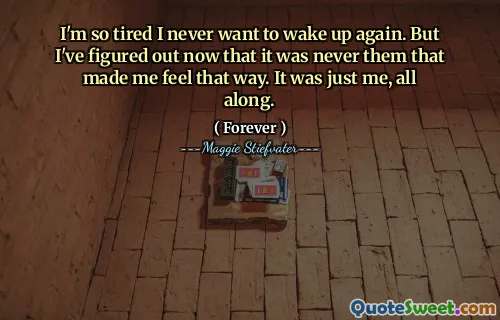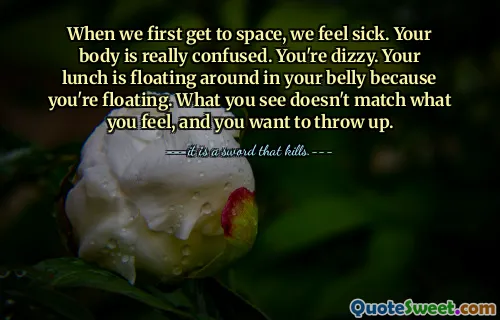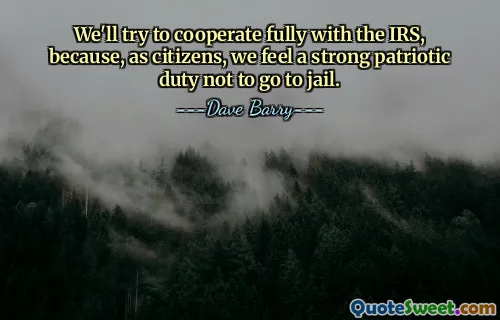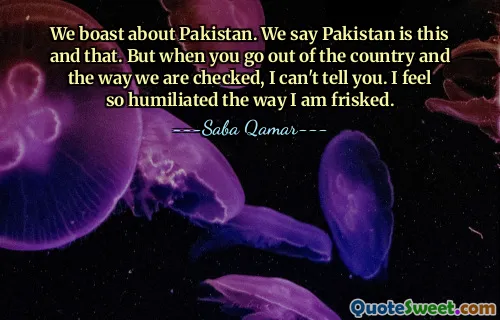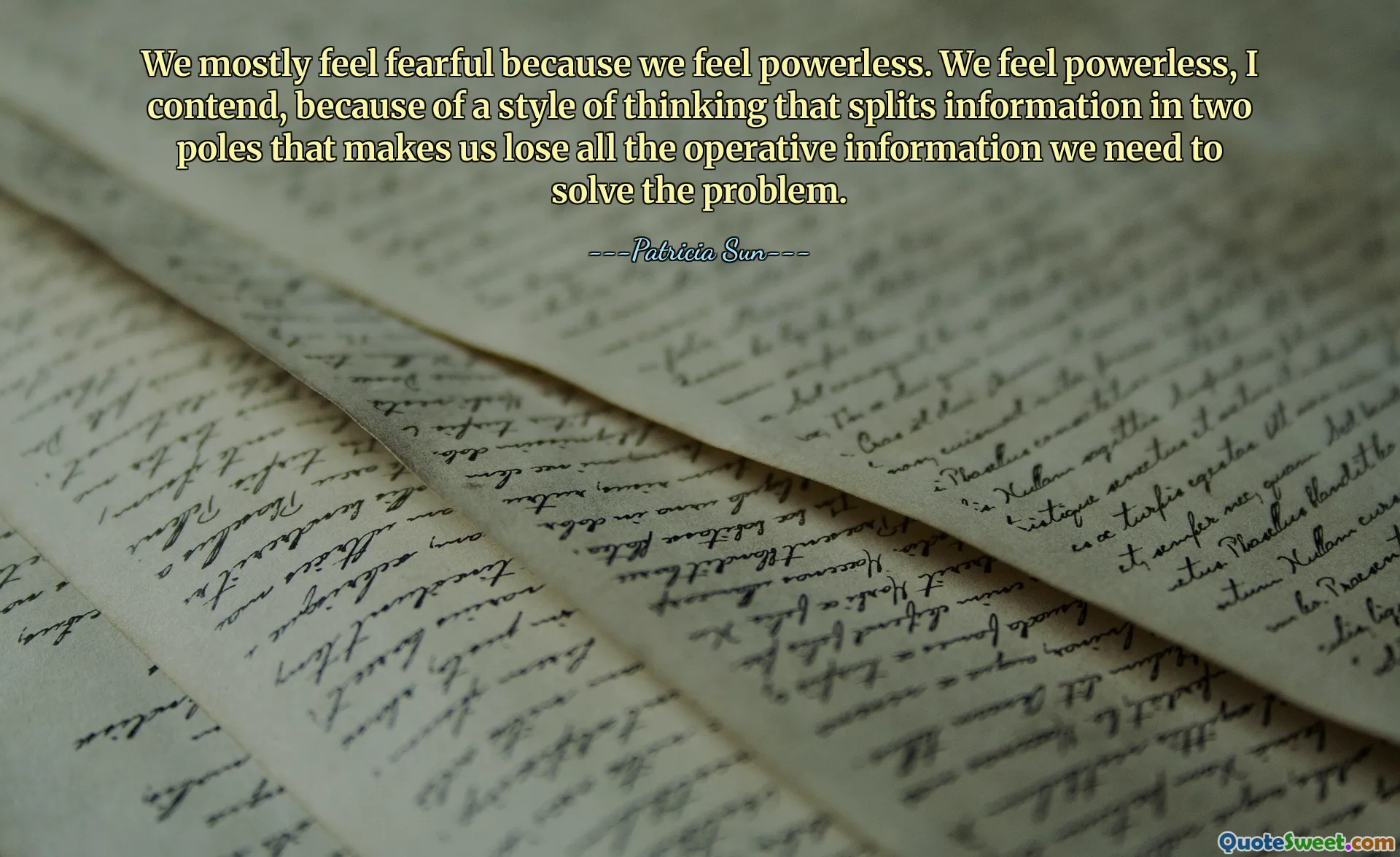
We mostly feel fearful because we feel powerless. We feel powerless, I contend, because of a style of thinking that splits information in two poles that makes us lose all the operative information we need to solve the problem.
This quote delves into the intricate relationship between fear, power, and the way we process information. It suggests that our sense of fear largely stems from feeling powerless, a state that is often rooted in our cognitive frameworks. The idea that our thinking style divides information into two opposing poles — such as good vs. evil, success vs. failure, or right vs. wrong — can be a mental trap. When our perception fragments information into dichotomous categories, we tend to overlook the nuanced details that are vital for effective problem-solving. This binary thinking simplifies complex issues to black and white, making us feel as though solutions are either entirely attainable or entirely out of reach, thus amplifying feelings of helplessness.
The implication here is profound. If we can transcend this polarized way of thinking, we might unlock the ability to see the full spectrum of possibilities, thus gaining insight and practical steps to address challenges. Recognizing that many problems are not binary but contain multiple factors can empower us. This approach fosters a mindset of adaptability and openness, which reduces fear and increases confidence.
Ultimately, the quote encourages a shift away from limiting mental models toward more integrative and flexible thinking. Doing so can diminish feelings of powerlessness by equipping us with a richer understanding and more operative information. This perspective aligns with cognitive-behavioral and psychological strategies aimed at reducing fear and increasing resilience, highlighting the importance of cognition in emotional regulation and problem resolution.







